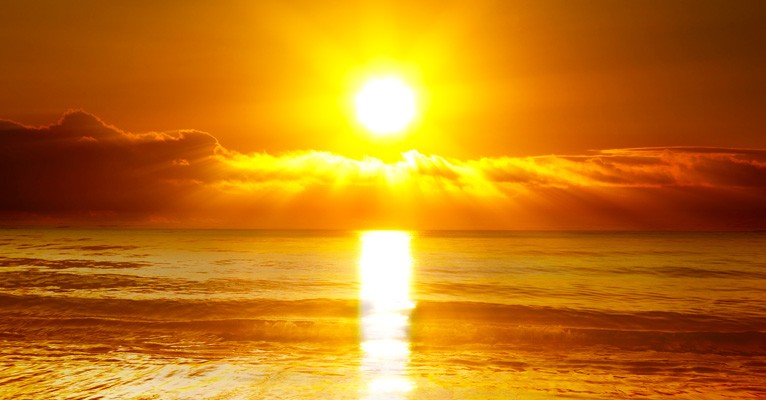In today’s First Reading Isaiah describes the importance of helping the poor and being just in the way we treat each other. As Christians we’re expected to practice the corporal works of mercy described by Isaiah today. We are called to materially help those in need and not turn a blind eye to them or their needs. Justice is giving each person their due, and they’re not only due our support when they are in need. They are also due our respect, even when well fed, clothed, sheltered, and free from persecution.
This dignity is not only owed to the needy, but toward everyone. Everyone should be taken into consideration and respected, whether rich or poor, lovable or detestable. This concern for justice has an incredible healing power in our own lives as well. Isaiah connects this light with “vindication”: vindication means being cleared from blame. He also connects it with our own healing. Acting justly brings us out of the darkness of indifference and sin that often afflicts this world and doesn’t just bring us into the light, but transforms us into a source of light.
In today’s Second Reading Paul reminds us that what we accomplish is not due to how slick we are, but to how powerful God is. This light comes from God. Paul doesn’t take credit for the fruits of his work of evangelization among the Corinthians. He knows his mission, just like ours, is to make the power of God shine through. If the Lord wasn’t at work, nothing would happen. Proclaiming a mystery is challenging, which is why we need the Lord himself through his Spirit to show that power at work. When we share the Gospel we shouldn’t be concerned about our qualifications, but being the Lord’s instrument for bringing light to the lives of others.
In today’s Gospel Our Lord teaches us that it’s not enough to have this light, or to use it for ourselves. We have to make that light shine and illuminate others as well. Christians are not just meant to glow; they’re meant to shine, to provide so much illumination that they light up the world. Yet, just as not every lighting is the same, the light of Christians lights the way back to that source of light: to Christ. When a Christian shines people don’t just praise them; they praise God who made them shine.
Don’t just glow today in your faith. Shine!
Readings: Isaiah 58:7–10; Psalm 12:4–9; 1 Corinthians 2:1–5; Matthew 5:13–16. See also 3rd Week in Ordinary Time, Thursday, Year I and 10th Week in Ordinary Time, Tuesday.



